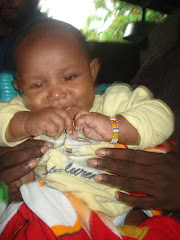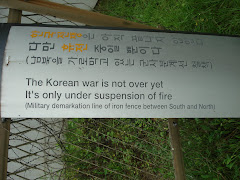Saturday, December 28, 2013
Eleemosynary
Eleemosynary.
Last night I encountered this chestnut in a novel my sister
gave me for Christmas. It made me laugh out loud because I had no idea what it
meant. Scrambling for the dictionary, I learned it means “of, relating to, or
dependent on charity.”
A really worthy word.
I savored the word, re-reading the dictionary definition and
imagining conversations: “I just met
someone with deep eleemosynary tendencies!”
“Contemporary eleemosynary institutions compete for
philanthropists’ largess.”
I found it hard to keep hold of the spelling, getting up
once in the middle of the night to look it up again. It’s that double “e” that
seems so exotic and hard to remember.
I've been a sesquipedalian from way back, a love that dares
not speak its name in country schoolrooms, except at spelling bees. Though I
never studied, I usually won. Thank goodness I never got "eleemosynary."
I remember using big words as a boy to bolster a tender,
flagging ego. I prized big words because few people understood them. It was a
way of feeling special, of (intuitively perhaps) not giving up entirely to the
self recriminations with which I would excoriate myself after another failure
at sports, or after false and shamed efforts to date and be popular.
Logically enough one of my many family bonds is a shared
love of a statement of my Grandfather’s that was apparently popular in one
version or another in the 19th-Century. I don’t know where he
learned it, perhaps from his father or brothers, all of whom like himself
attended Amherst College. I wonder if it was a way to overcome his shyness and
master the overpowering feelings of homesickness I hear he suffered from. I
imagine his landlady’s surprise when the awkward, shy young man from Tacoma,
Washington pushed back from the table announcing: “My gastronomical satiety
admonishes me that I have reached the ultimate culinary limitations consistent
with the code of Aesculapius.” This was the closest we ever came to a football
chant in my natal home, all of us practically shouting it together. It was a
Berge thing. Mom knew we loved her food.
As an adult, normally I work hard to write and speak simply,
using a vocabulary that helps people to know better about God. This is such an
important goal. I often scrub out words that take attention away from it.
Living in community we discover words can shred us. Living
cheek by jowl we know just what to say to hurt or diminish or force one another
into silence. Words wound.
Fortunately the travails of intimacy are not the last word
on religious life.
Franciscan life is very eleemosynary. Without charity,
without love, it is nothing. The community is also a place where old hurts are
healed. It is a place where we can be ourselves and speak simply of the truth
of God’s love acting in our lives. Words heal.
There were some curious lapses in my education. Somehow I
got to seminary with no clear idea what “incarnation” meant. I remember a
classmate’s astonishment as he said, “You know, Christmas!”
The Word became flesh and dwelt among us. The Word saves.
It’s eleemosynary, my dear Watson.
Subscribe to:
Post Comments (Atom)






No comments:
Post a Comment